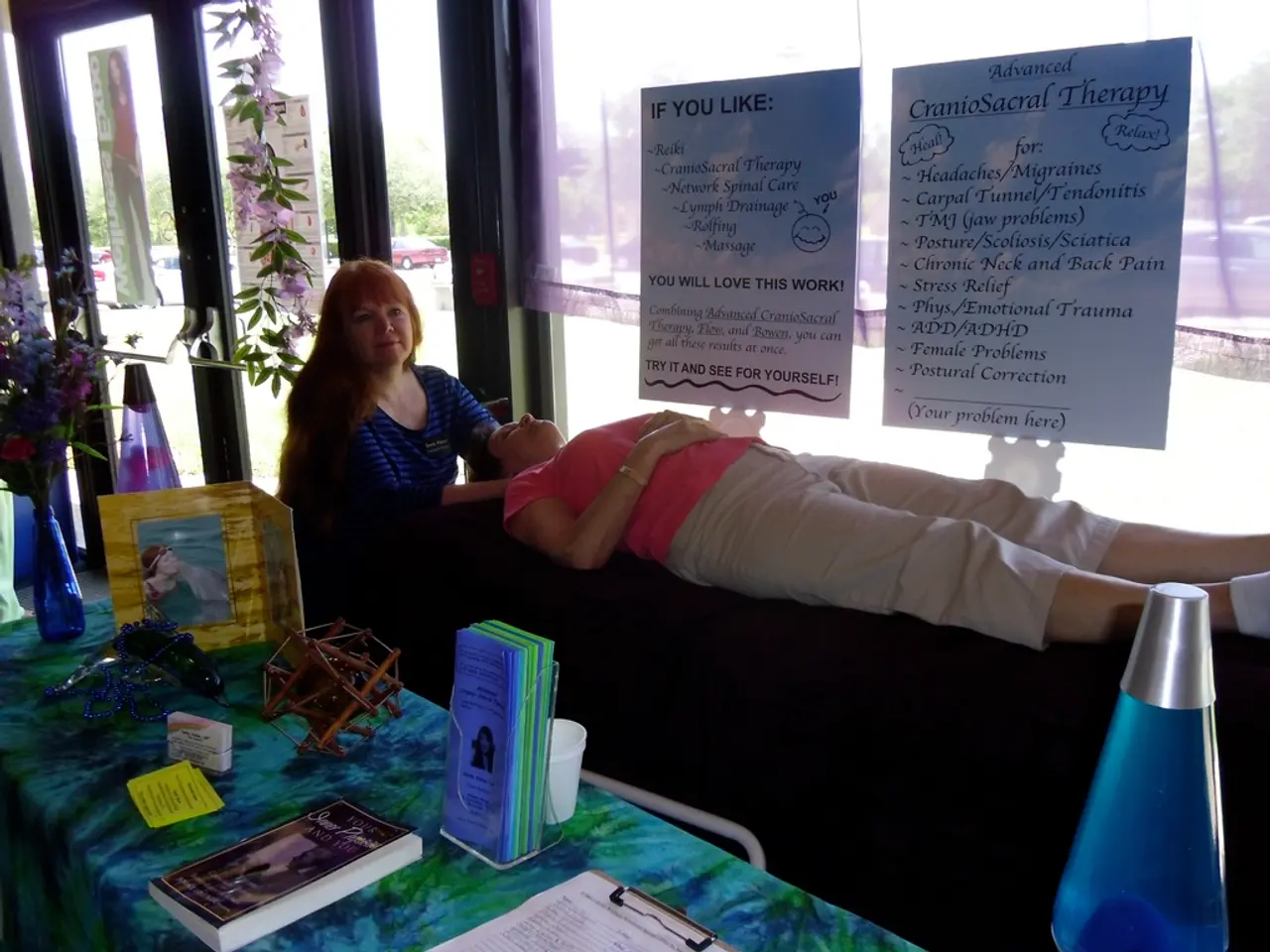Top 5 Psychosocial Interventions Proving Most Successful in Managing Dementia
Dementia-affected individuals are not disturbed or unhinged, but rather experiencing a slow cognitive decline. This understanding is crucial as we navigate the care and treatment of those living with the condition.
A recent study has shed light on the most effective non-medical interventions for slowing cognitive decline in individuals with dementia. The key lies in a multifaceted lifestyle approach that combines cognitive stimulation, physical exercise, a healthy diet, and social engagement.
Cognitive stimulation and brain training activities, such as puzzles, reading, and computer-based brain training, can help maintain and improve cognitive function in mild to moderate dementia. Regular physical exercise, including aerobic, resistance, and stretching exercises, has been shown to improve brain function and slow cognitive deterioration. A healthy diet rich in antioxidants and anti-inflammatory foods, such as the Mediterranean or MIND diet, is also associated with slower cognitive decline.
Social engagement, through maintaining social connections and participating in group activities or volunteering, protects against memory loss and supports overall cognitive health. The 2025 U.S. POINTER study demonstrated that a structured program combining these elements led to significant improvements in cognition among older adults at risk of dementia.
Other non-medical treatment methods for dementia patients include validation therapy, developed by Naomi Feil, which encourages empathetic communication, and reminiscence therapy, which uses props such as songs, old photo frames, video clips, and scents to trigger past memories. Both validation therapy and reminiscence therapy have been scientifically proven to make a difference in the life of a person with dementia.
Pet therapy, or animal-assisted therapy, involves the inclusion of an animal (most often a dog or a cat) in treatment sessions. It provides a reliable companion when caregivers are not available and can be therapeutic for dementia-affected individuals.
It is important to note that family members of a dementia-affected person must consult a certified therapist before adopting any treatment method. When considering pet therapy, it is recommended to consult the patient before purchasing a pet to ensure a good match and avoid potential accidents.
In summary, a holistic and structured lifestyle approach, combining mental, physical, dietary, and social strategies, is currently the most effective non-medical way to slow cognitive decline in individuals with dementia. Consulting a certified therapist and the patient is essential to ensure the most beneficial treatment plan.
Read also:
- Eight strategies for promoting restful slumber in individuals with hypertrophic cardiomyopathy
- Exploring the Strength of Minimally Digestible Diets: A Roadmap to Gastrointestinal Healing
- Secondhand Smoke: Understanding its Nature, Impact on Health, and Additional Facts
- Overseeing and addressing seizure-induced high blood pressure complications in pregnancy, known as eclampsia





